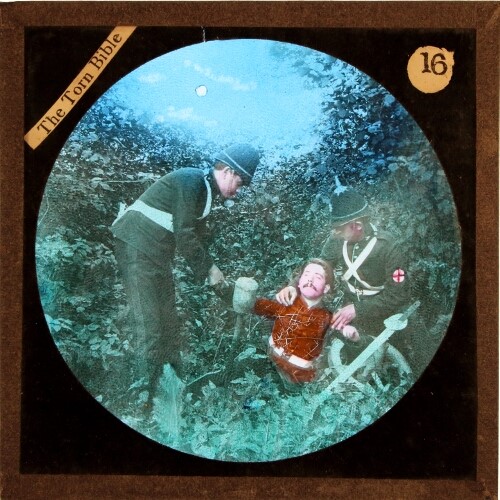(29 September 2020) Autumn arrives and the government state that all hospitality venues must chuck everybody out at 10.00pm, thus ensuring streets, buses etc are full of people. I am not sure how this assists “social distancing”; my uncertainty demonstrates my ignorance and the cleverness of the government and its advisors.
It is noticeable that there are issues around “Track’n Trace” (who sound like a 60’s light comedy act), which is needed to identify who requires testing. While it made sense (to the government at least) to build new testing capacity, rather than using all the labs around the country I reflected on the future.
Assuming we have not all succumbed to the disease and hoping those who refused the vaccine are regretting their decision there will be great over-capacity in testing facilities.
With this in mind and noting that early identification of a potential medical problem is often the best way to prevent it developing through early interventions there is an opportunity to use this capacity for a large cohort to have regular blood testing.
The simple point is that measuring blood over years not only trends in an individual’s health would be monitored but the large data set would be incredibly useful for research. I will write to Mr Hancock and share his reply.
Here is a picture of the police dealing with a curfew breaker.








